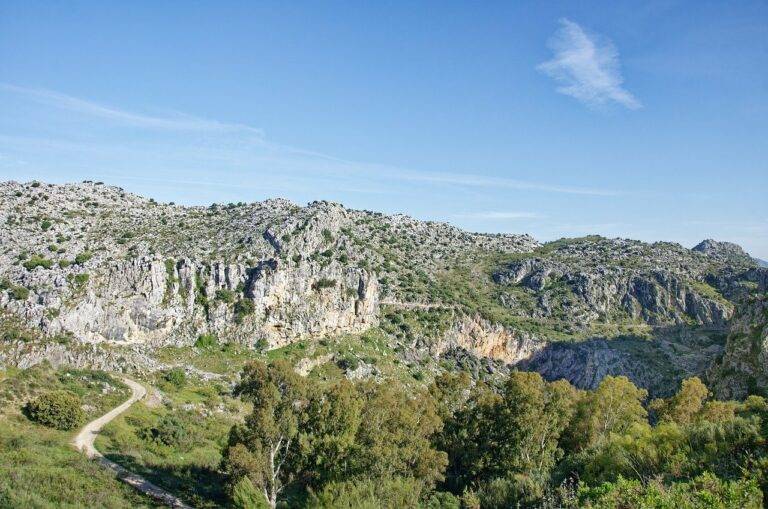Exploring Ecotourism Destinations: A Guide to Sustainable Travel
Ecotourism is a form of tourism that involves visiting natural areas and engaging in activities that are focused on learning, appreciating, and conserving the environment. Unlike traditional tourism, which often has negative impacts on the environment and local communities, ecotourism is committed to sustainability and responsible travel practices. It aims to promote conservation efforts, protect biodiversity, and support the well-being of local people.
The key principles of ecotourism include minimizing environmental impacts, respecting local cultures, and providing benefits for both the conservation of natural areas and the livelihoods of local communities. By encouraging travelers to appreciate and understand the natural and cultural heritage of a destination, ecotourism fosters a sense of responsibility and stewardship towards the environment. In essence, ecotourism seeks to create a harmonious relationship between travelers, the environment, and the local people, ensuring that tourism can be a force for good in protecting our planet.
Benefits of Ecotourism for Local Communities
Ecotourism has proven to be a significant source of revenue for local communities around the world. By attracting tourists who are interested in preserving natural habitats and supporting local cultures, ecotourism can create jobs and stimulate economic growth in these areas. This influx of visitors not only boosts the local economy but also promotes the conservation of the environment and traditional ways of life.
Moreover, ecotourism can help to raise awareness about the importance of wildlife conservation and sustainable practices among both locals and tourists. By offering educational opportunities and firsthand experiences in natural settings, ecotourism initiatives can foster a sense of responsibility and stewardship towards the environment. This increased awareness can lead to long-term benefits for local communities, as they become more invested in protecting their natural resources for future generations.
• Ecotourism creates jobs and stimulates economic growth in local communities
• Attracts tourists interested in preserving natural habitats and supporting local cultures
• Boosts the local economy while promoting conservation of environment and traditional ways of life
• Raises awareness about wildlife conservation and sustainable practices among locals and tourists
• Offers educational opportunities and firsthand experiences in natural settings
• Fosters a sense of responsibility and stewardship towards the environment
• Leads to long-term benefits for local communities as they become more invested in protecting their natural resources
Top Ecotourism Destinations Around the World
When it comes to ecotourism, there are numerous destinations around the world that offer unique experiences for travelers while promoting environmental conservation. One prime example is Costa Rica, known for its rich biodiversity and commitment to sustainable practices. Visitors can explore lush rainforests, spot diverse wildlife, and engage in responsible eco-friendly activities such as zip-lining and turtle conservation projects along its pristine beaches.
Another top ecotourism destination is Iceland, famous for its stunning natural landscapes including glaciers, volcanoes, and geothermal hot springs. Travelers can immerse themselves in the country’s untouched beauty by hiking along ice formations, soaking in natural hot pools, and embarking on guided tours to learn about Iceland’s renewable energy initiatives. With a focus on preserving its fragile ecosystems, Iceland provides a one-of-a-kind experience for ecotourists seeking both adventure and environmental awareness.
What is ecotourism?
Ecotourism is a type of responsible travel to natural areas that conserves the environment and improves the well-being of local people.
How does ecotourism benefit local communities?
Ecotourism can provide jobs, support local businesses, preserve cultural traditions, and protect natural resources in the communities where it takes place.
What are some top ecotourism destinations around the world?
Some popular ecotourism destinations include Costa Rica, Galapagos Islands, Kenya, Thailand, and Iceland.
How can I participate in ecotourism?
You can participate in ecotourism by choosing eco-friendly accommodations, supporting local businesses, respecting wildlife and nature, and learning about the local culture and environment.
Are there any certifications or labels to look for when booking an ecotourism trip?
Yes, look for certifications such as Green Globe, Rainforest Alliance, or Global Sustainable Tourism Council to ensure that your trip meets certain sustainability standards.





